The one time Jazz tried to take the initiative and help someone, it went wrong. Since then she’s avoided all acts of charity, taking a back seat, along with her father, as her mother shines in the charitable spotlight. But this summer, the whole family is leaving Berkeley, California, and going to India, so that Jazz’s mum can help out at the new clinic at the orphanage where she spent her first four years. Jazz is convinced that she’s going to hate it, not only because she’s going to feel out of place and useless, but because she’ll be missing working at her business with her best friend Steve, whom she is secretly in love with.
In India, whilst the rest of her family find ways to help at the orphanage, Jazz refuses to set foot in the place until she absolutely has to. But even school is strange and new, and when she’s seeking comfort, it’s hard to resist the delicious tea made by Danita, their fifteen-year-old housekeeper. As Danita prepares their dinners, they get talking, and soon Jazz is finding it more and more difficult to resist the urge to try to help Danita as she struggles with decisions about her future, and that of her sisters, who have grown up in the orphanage together.
Let’s be honest. The plot of Monsoon Summer sounds totally predictable, doesn’t it? And it is. There are no grand surprises, I saw almost every turn coming, but it was still a lot of fun to read. Jazz is a convincing teenage girl, a bit self-centred and opinionated, with wavering self-esteem. I liked the details about the orphanage, the academy where Jazz goes to school, and her relationship with Steve. My favourite character was probably Jazz’s brother, Eric, and his obsessions with bugs and football (I refuse to call it ‘soccer’, because I’m British).
Although I enjoyed reading it, one thing that really bothered me was Jazz’s reaction to being stared at whenever she went out in public. She wondered why she was attracting attention wherever she went for such a long time and it didn’t make much sense, considering that she knew full well that she looked more like her white father than her Indian mother. I think that the author was trying to shoehorn in a point about self-esteem and body image issues that didn’t quite fit, and it seemed especially forced when I thought back to the way questions about cultural standards of beauty were woven so spectacularly into the fabric of Born Confused. I also thought that Danita was a little too perfect, but her relationship with her sisters was great and it brought some serious issues into the book.
Monsoon Summer is quite fast paced, I read it quite quickly and was easily absorbed whenever I picked it up. Although I didn’t love it and probably wouldn’t read it again, I think it’s an easy, accessible read and many readers would enjoy it.



